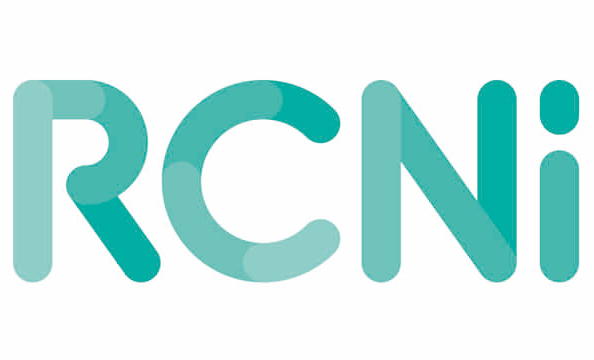Julie Hewett
Views of specialist head and neck nurses about changes in their role
The Cancer Reform Strategy (Department of Health 2007) states that ‘commissioners and providers should ensure that the critical roles of clinical nurse specialists (CNSs) in information delivery, communication and co-ordination of care are supported’. Despite this, CNS roles are increasingly under threat. The British Association of Head and Neck Oncology Nurses conducted a short survey of CNSs in each region to understand better the actual and perceived threats to its members. The results showed that 31 per cent of respondents had been asked to work on the wards and 42 per cent had been asked to perform other managerial duties. The association recommends that strong consideration is given to maintaining and strengthening the CNS workforce.
Oral cancer: diagnosis, management and nursing care
Oral cancer is estimated to be the ninth most common cancer worldwide. This article examines risk factors, diagnosis, management and the clinical nurse specialist’s role in providing care to and supporting patients with this challenging disease.
The benefits of a nurse and dietician-led follow-up clinic in head and neck cancer
A joint clinic run by a nurse and a dietician was established to follow up patients treated with radiotherapy for head and neck cancer. Patient satisfaction surveys indicated a positive response to the joint clinic and suggested that when nursing experience and dietetic expertise are combined, holistic care can be provided to the benefit of patients. As well as presenting the background to the clinic and the findings from the satisfaction surveys, this article considers the evidence supporting nurse-led initiatives and possible ways forward for follow-up care.


